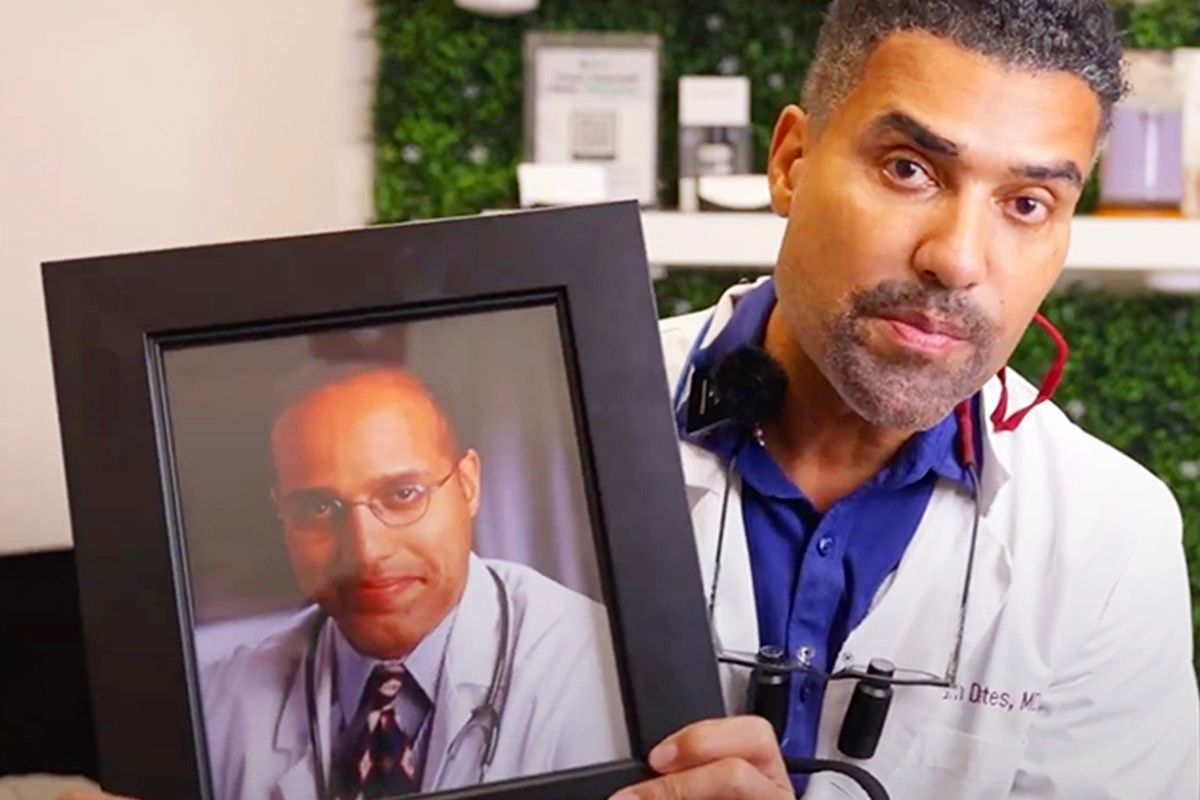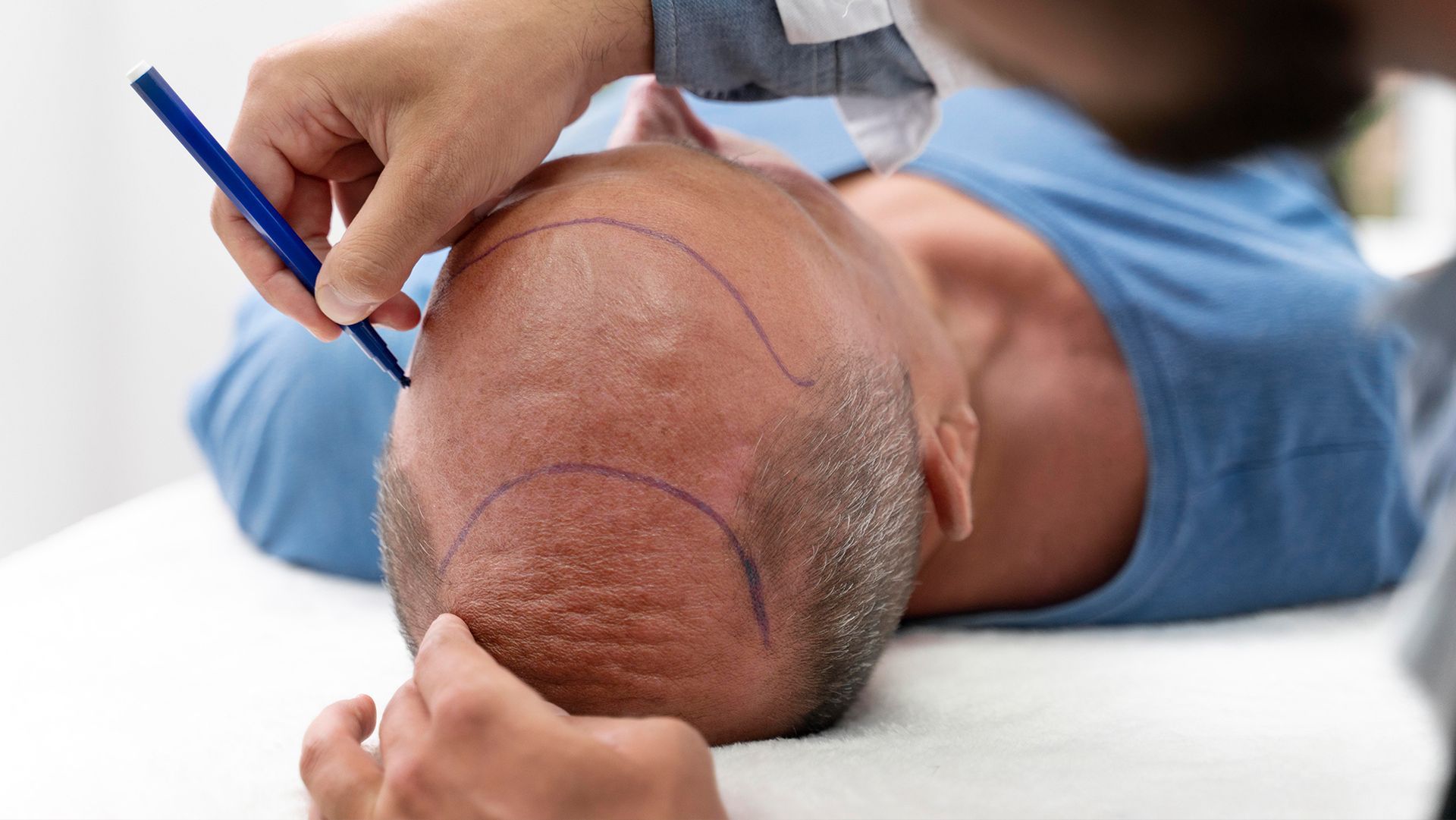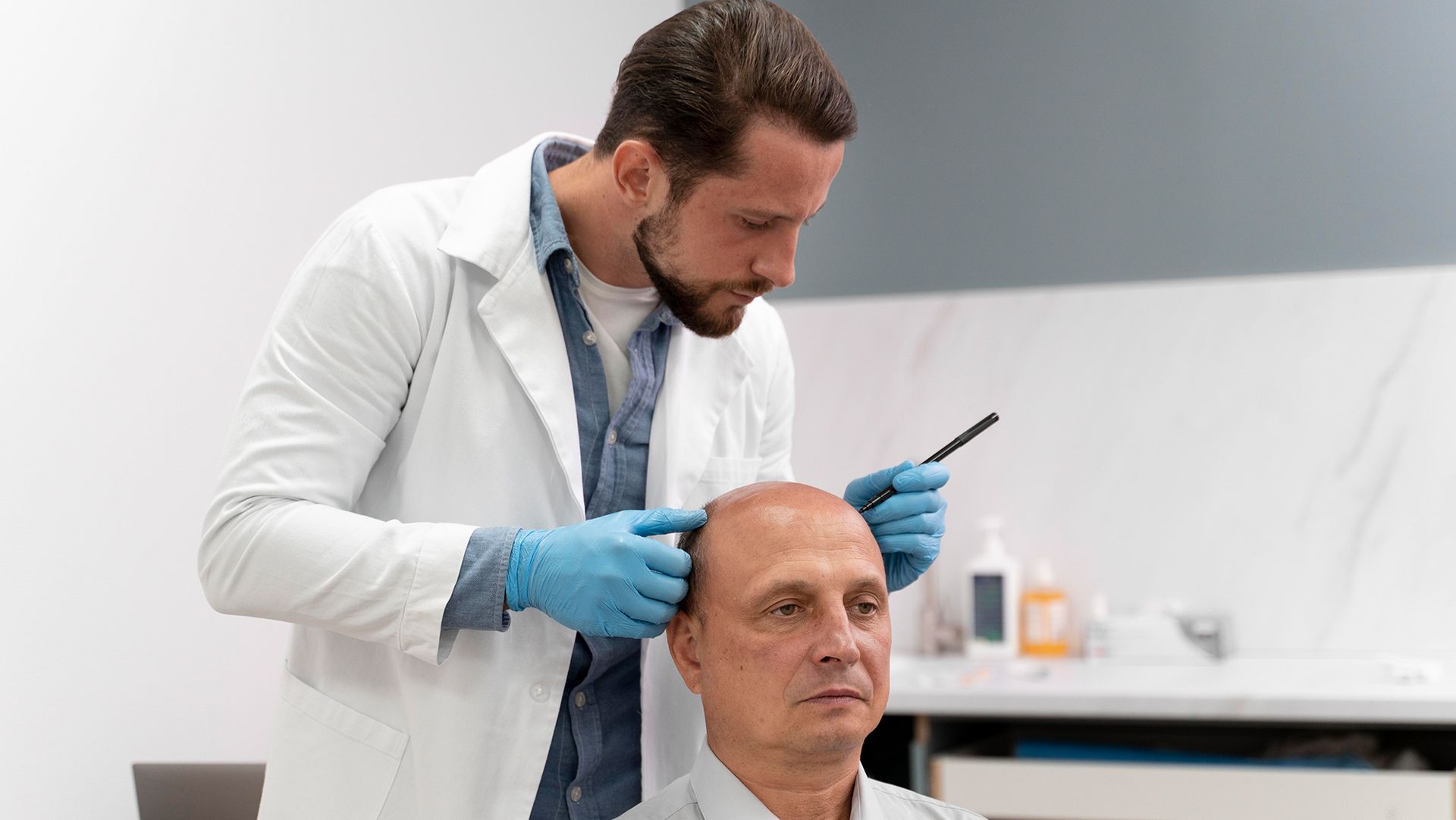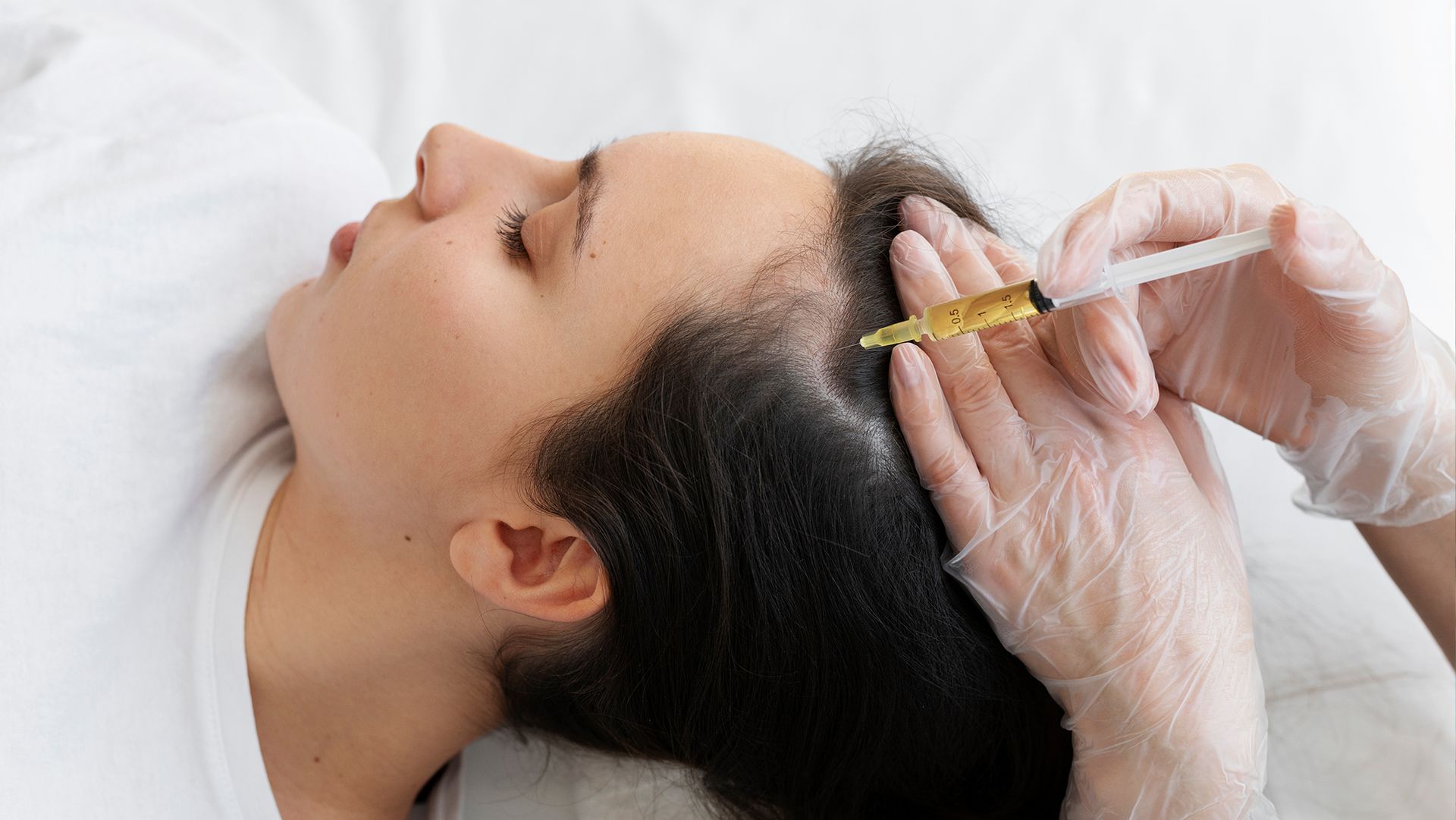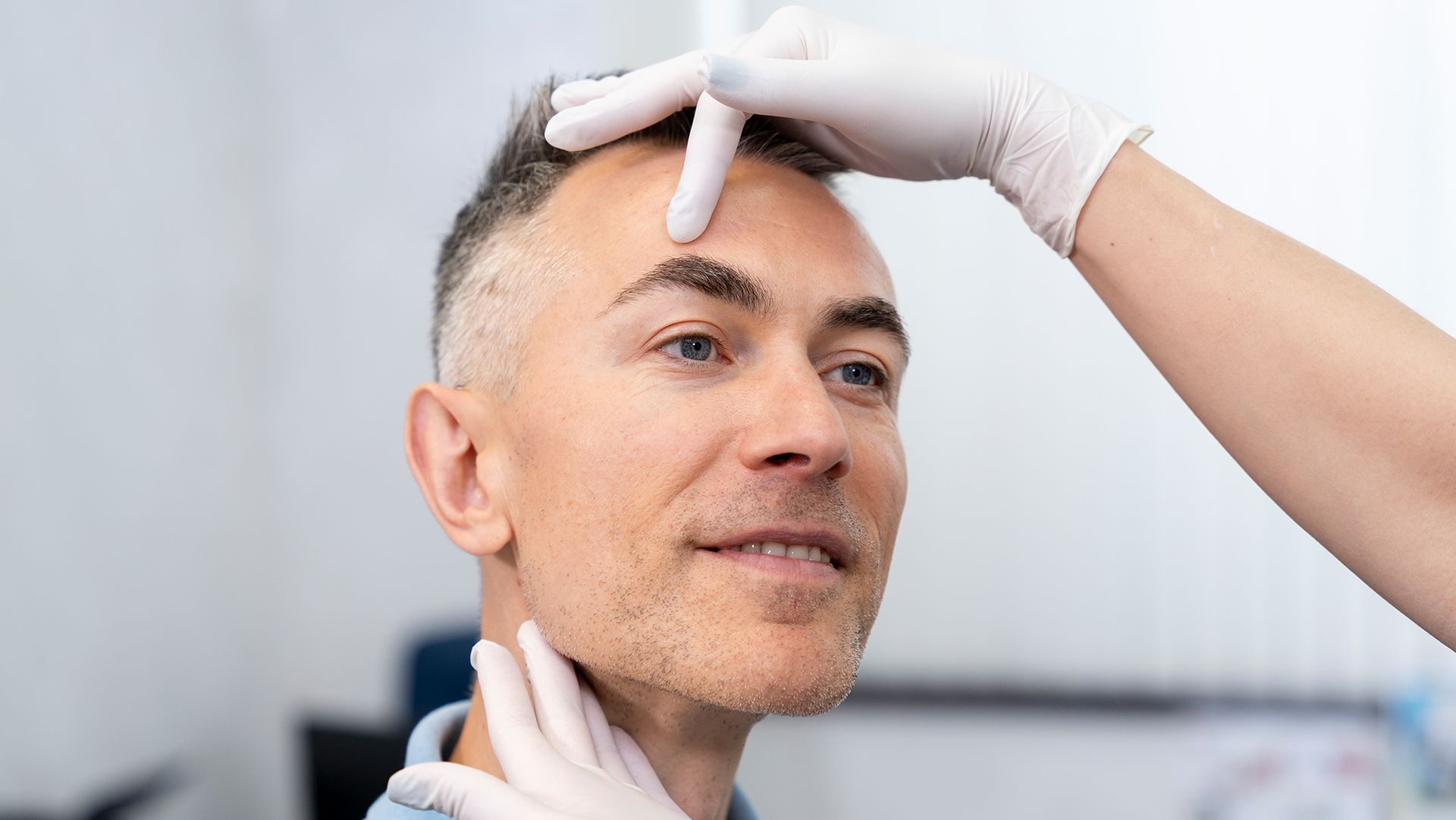Delving Into Hair Loss Causes, Signs, and Solutions
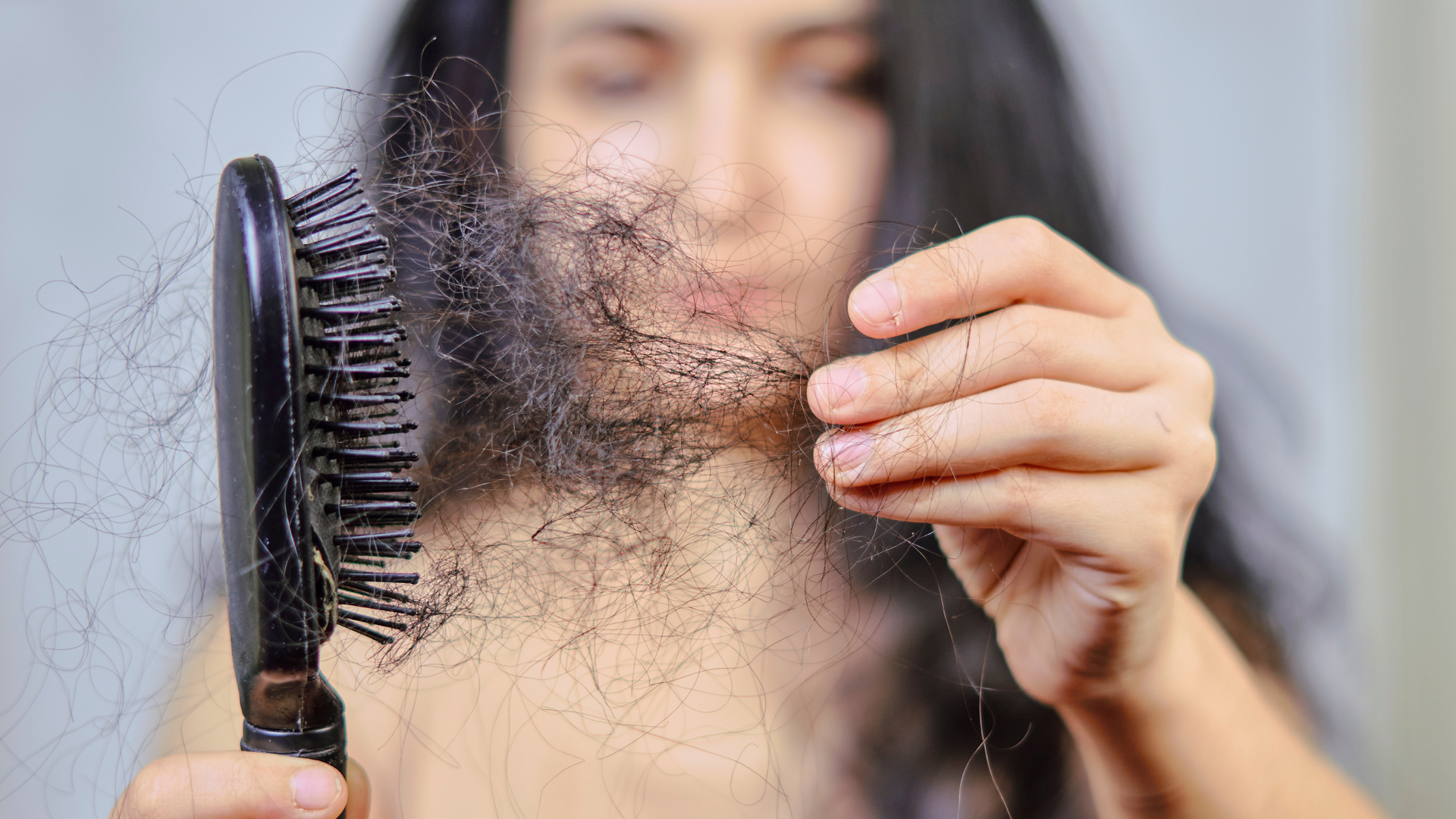
Millions of people suffer from hair loss, going from approximately 21 to 35 million, regardless of gender. But while it’s common, not everyone has a one-stop solution.
Hair loss treatment can go from changing a part of your routine to using products that help maintain your hair thickness. Still, it helps to understand symptoms to determine the best possible solution.
So, let’s look at a few causes of hair loss, the signs, and how to work around it.
Potential Causes of Hair Loss
The American Academy of Dermatology Association states that it’s normal to experience shedding between 50 to 100 hairs in a day. Anything beyond this may be due to different factors, from physical reactions to medical concerns.
The following are a few to consider.
Natural Causes
When referring to natural causes of hair loss, it’s usually about age. Almost everyone experiences hair thinning when they grow older. This is due to the natural process of cells dying quicker than they regenerate, even with hair follicles.
Additionally, hair loss conditions can be hereditary and begin as early as adulthood. While it’s nothing concerning, it helps to know the history of your family to see how soon you would need a hair loss prevention treatment.
Medication Side Effects
Some medications can cause thinning or baldness as a side effect. In some cases, it’s a result of consuming too much of a certain drug or ingredient, such as vitamin A or retinoids.
When this happens, you can expect your hair to grow back once you no longer consume the medication. Even so, it’s crucial to speak with your doctor before you stop taking your prescribed drugs.
Alopecia Areata
Alopecia areata is a condition where your immune system destroys your hair follicles. Because of this, it can cause shedding or prevent new hair from growing.
Individuals can experience different types of alopecia areata, so hair loss happens in different body parts. Moreover, it causes the severity of the effects to vary, from thinning and patches of hair loss to total baldness.
Other autoimmune diseases cause similar effects. It’s also important to note that hair loss can be temporary or permanent. Many recommend seeing a professional to monitor your condition and determine the severity.
Physical Trauma
Your hair growth can get disrupted when your body is under serious physical stress, like surgery, burns, accidents, and severe illnesses. It can start by thinning or come off in clumps.
When this happens, you can expect hair loss that lasts a few months after the event. Without proper care, it can lead to infections and further concerns with hair growth.
Minor to Severe Stress
Mental stress can cause hair loss just as much as physical stress, depending on the severity. Emotional trauma and shock are a few conditions that lead to hair loss due to disruption of your hair growth cycle.
Hair loss prevention for these causes often works seamlessly since it’s usually temporary. You can restore normal hair growth with proper care and by keeping your stress under control. Despite this, it can take a while to get through, so it’s vital to be patient.
Hormonal Imbalance
A hormonal imbalance may be a result of several causes, such as pregnancy or childbirth. Studies show that over 90% of women experience postpartum hair loss. On the other hand, it can be because of thyroid-related issues.
In women, it leads to the weakening of hair follicles, later causing excess shedding. But for men, it hinders hair growth while decreasing the lifespan of existing hair, preventing it from growing back upon shedding.
Lack of Nutrients
Nutrition deficiency that affects your cell turnover can lead to hair loss. This is because your body fails to replace your hair follicles once they come off.
Usually, it happens when you have low levels of iron, vitamin D, and zinc among other nutrients. Regardless, you should check with a doctor to determine the primary cause before you consume supplements to replenish them.
Hair Care Concerns
Sometimes, a stylish hairdo does more to your hair than you think - and not in a good way. Whether it’s pulling it in place or running it through heat, it can lead to breakage.
While the severity of hair loss caused by hair treatment varies, the damage may be permanent. So, many recommend focusing on working with your hair gently and addressing the concern as soon as possible.
How Do You Know You Have Hair Loss?
Some people might not realize they’re dealing with a serious case of hair loss until further signs show. One of the best ways to figure it out is by evaluating how you generally manage your hair or whether you experienced the common causes.
Otherwise, you want to look out for these signs:
- Receding Hairline: If your hairline appears higher than usual, it could be a result of your hair thinning.
- Thinning Hair: You can identify thinning hair by parting your hair in the middle and checking if the part is wider.
- Bald Patches: Balding spots around your head are a clear sign of an infection, wound, or hair loss. These vary in size and usually grow as time passes.
- Loose Strands: Comb your hair and check how much hair is easily falling off or collecting. If it’s more than usual, it may be hair loss.
Best Hair Loss Prevention Methods
Depending on the severity of your hair loss, you can consider different prevention methods. Note that the effectiveness of these solutions varies based on your case. Because of this, most suggest consulting a professional to help determine which would work best for you.
With that, here are a few of the best hair loss treatments you can consider.
Hair Supplements
Using hair supplements is one way to give your hair the nutrients it needs to promote growth, retention, and overall health. You can consider taking daily multivitamins, vitamin D, Biotin, or other hair-specific minerals.
Essential Oils
Evidence shows that essential oils contribute to improving hair loss conditions and potentially aid the growth cycle. It’s ideal for those who prefer natural remedies before proceeding with other treatments.
When using essential oils, be sure you do a patch test to avoid sudden allergic reactions. You should also check which oils can and cannot work together.
Hair Restoration Procedures
Hair restoration surgery allows you to move hair follicles from other parts of your body, usually those with thicker hair, to thinner parts.
In most cases, this works best for those who experience hair loss in only a few parts of their body rather than everywhere. Moreover, it may or may not work well with individuals dealing with scarring.
Change of Diet
Adjusting your diet is a simple way to promote hair health and reduce the risk of hair loss. It’s best to keep a balanced diet, but consider incorporating ingredients that offer the nutrients your hair needs.
Better Hair Care Routines
Generally, taking better care of your hair is one of the most effective ways to maintain its strength. It includes anything from brushing gently to reducing exposure to heat and chemicals. You can also build a hair care routine that includes shampoo for hair loss and other products.
Understand Your Case to Find the Ideal Hair Loss Treatment
There’s no one-size-fits-all solution to dealing with hair loss. It’s because the causes and signs vary from person to person. So, the best way to find the ideal treatment is by understanding your case. This way, you can easily identify which restoration and prevention method would work well according to your specific condition.
